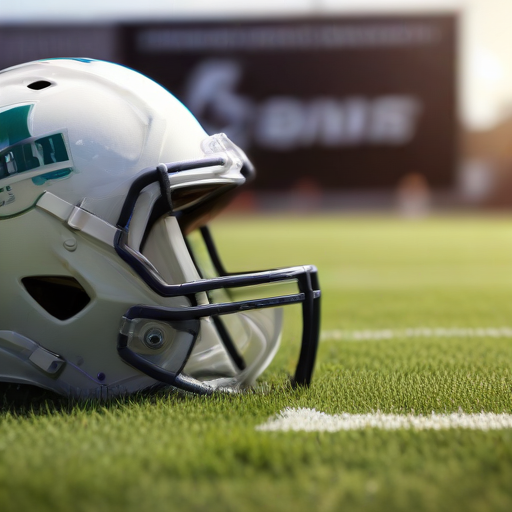As college football evolves, discussions around player empowerment and the NCAA’s policies continue to heat up. Recently, Beau Pribula, a backup quarterback at Penn State, announced on social media that he would be entering the NCAA transfer portal. This decision, he explained, stems from a difficult choice between competing in the College Football Playoff (CFP) with his current team or pursuing opportunities elsewhere in college football.
Pribula’s announcement has sparked various opinions, with some defending the current system and the NCAA itself. While the NCAA is often viewed as an impediment to player freedom, it is important to recognize that players have options and flexibility. For instance, players can enter the transfer portal and remain with their current teams until they sign with a new school. This allows them to maintain eligibility while exploring opportunities that better fit their aspirations.
Critics argue that Pribula’s situation is indicative of larger issues within college sports, particularly concerning the balance of player empowerment and team loyalty. However, the reality is that players like Pribula have the privilege of navigating these decisions. The NCAA has adapted its policies to allow for more player movement and financial opportunities, which includes recent regulations that enable athletes to profit from their name, image, and likeness (NIL).
There is a sense of irony in Pribula’s circumstances, as he seems to be navigating a system that has already granted him significant freedoms. His choice to enter the transfer portal doesn’t mean he is required to leave Penn State—he has the option to evaluate his prospects while still competing with his team during a significant playoff run.
Additionally, the competitive nature of college football means opportunities for quarterback prospects are often influenced by performance, experience, and available spots in other programs. Pribula’s talent and potential will undoubtedly attract interest as he explores options, but waiting until after the current season might solidify his marketability.
Moreover, with a larger media rights revenue-sharing pool set to emerge next season, the financial landscape for college athletes is continually improving. This shift signifies that athletes are gaining more control and compensation, a victory for those who have long sought fair treatment within the college sports framework.
Ultimately, while change can be challenging, it is essential for players to recognize the opportunities available to them in this new collegiate sports era. There are paths to success, and each athlete must navigate their careers with informed decisions that align with their goals.
In a hopeful perspective, the evolution of college football and the empowerment of players indicate that we may soon see a system that equally benefits both athletes and institutions. As the NCAA and college football continue to adapt to the changing landscape, there is potential for a more equitable future, fostering growth and success for all involved.
